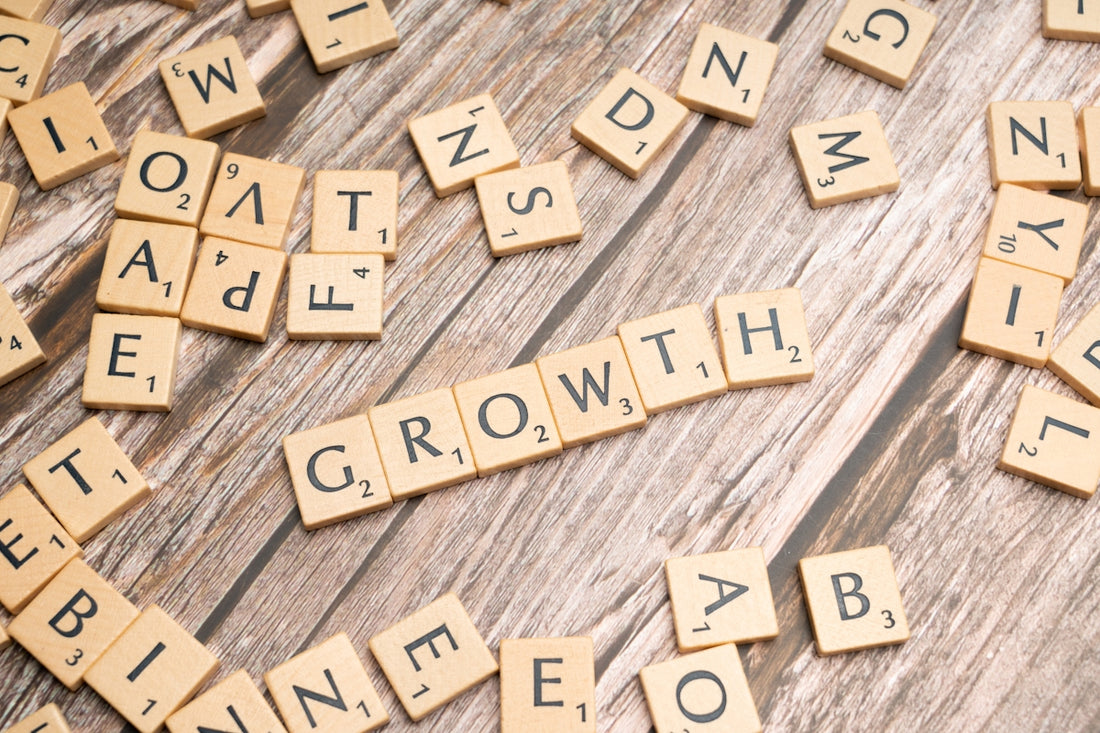
Experience or Education Which Matters More for Career Growth
In today's rapidly evolving job market, professionals often find themselves at a crossroads: Should they prioritize gaining practical experience or should they focus on acquiring formal education to propel their career forward? This question has sparked numerous debates, with compelling arguments on both sides. In this article, we will explore the importance of both experience and education, and help you decide which path might be right for your career growth.
The Role of Experience
Experience is often touted as the best teacher. The knowledge and skills acquired through hands-on work can be invaluable. For many employers, practical experience demonstrates an ability to apply theoretical concepts in real-world situations. It often translates to quicker problem-solving skills and a deep understanding of industry-specific challenges.
In particular, entrepreneurs benefit tremendously from direct experience. Having a ground-level view of market dynamics, customer behaviors, and operational challenges equips them with the skills needed to navigate the complex world of business. For those looking to dive deeper into the entrepreneurial world, the guide Entrepreneurship Development and Success is an excellent resource for learning and applying business strategies.
The Value of Education
On the other hand, formal education provides a structured approach to learning, offering students a well-rounded foundation in their chosen fields. Degree programs are designed to offer both breadth and depth, covering theoretical frameworks that may not be immediately obvious through experience alone.
Education is particularly important for careers that require a deep understanding of specialized knowledge or technical skills. Employers often rely on academic credentials as a benchmark for a candidate's capability and commitment to professional development.
Striking the Balance
The reality is that both experience and education are valuable, and striking the right balance can often be the key to career advancement. A strategic combination of both can lead to better job prospects and long-term success. As the saying goes, “knowledge is power,” but without the practical experience to harness that power, it might not yield the desired results.
For professionals striving to maintain a balance between practical skills and theoretical knowledge, time management becomes crucial. Equipping oneself with reliable tools, like the Business Casual Mesh Belt Waterproof Double Display Electronic Quartz Watch, can help in managing time efficiently, allowing you to allocate sufficient time for both work and studies.
Making the Decision
Ultimately, the decision between experience and education should be informed by your career goals, industry demands, and personal strengths. Consider the trajectory you envision for yourself and evaluate whether you will be better served by further education, deeper hands-on experience, or a combination of both.
To explore more career enhancement strategies and tools, visit Smart Job Consult.
In conclusion, while there is no one-size-fits-all answer to the experience versus education debate, one thing remains clear: continuous learning and adaptation are key components of career growth. Arm yourself with both knowledge and experience, and you'll be well-prepared to navigate any career path you choose.
